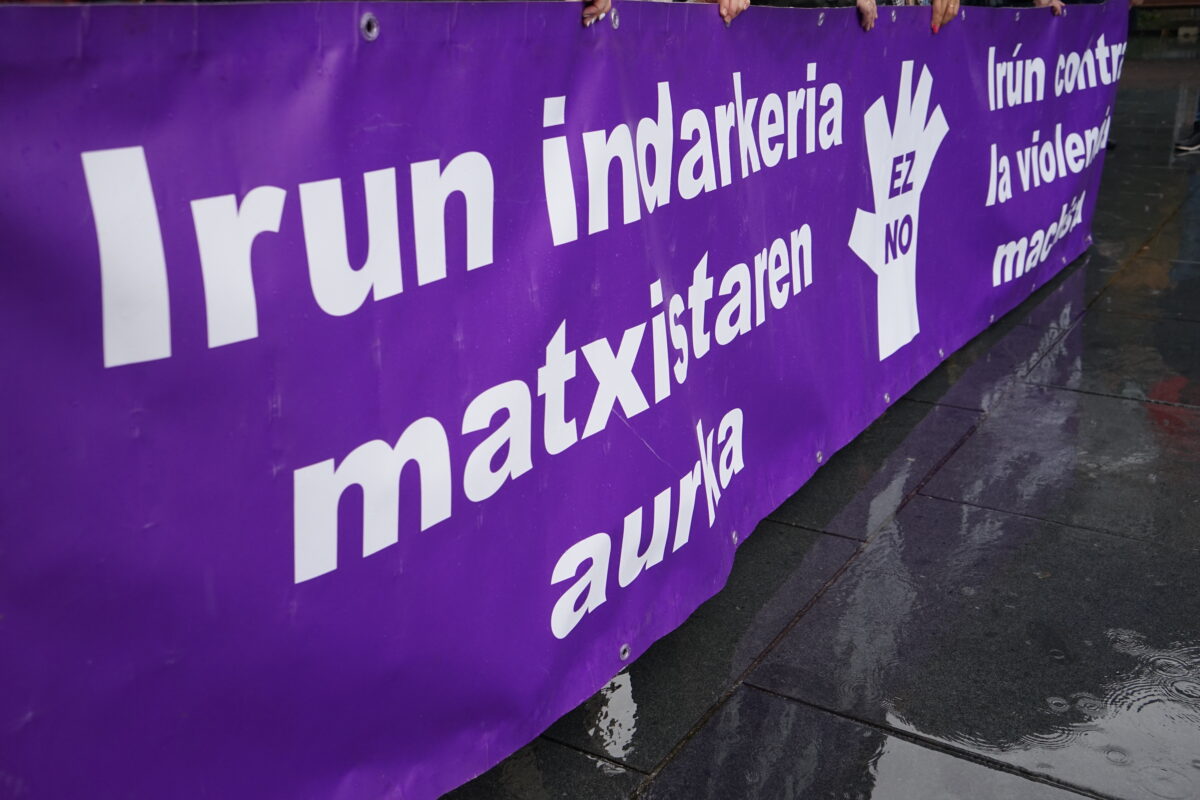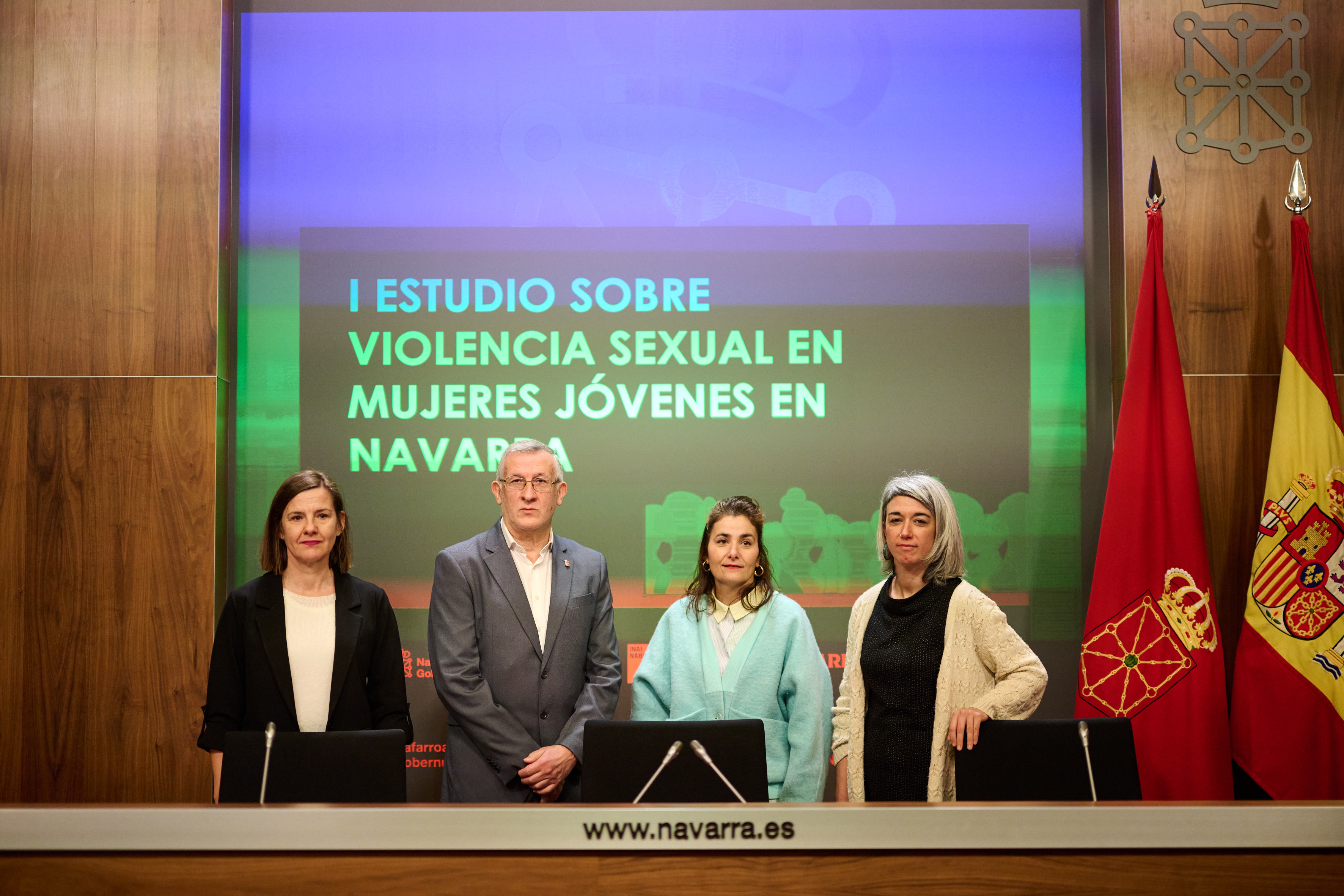Fear and economic dependence increase gender violence in older women
- The Navarro Institute for Equality has presented a study that analyzes the mechanisms and dynamics that hinder the social intervention of older women. To carry out the study, interviews were conducted with women over 50 years of age residing in the Foral Community who have survived gender violence.

The Government of Navarra, through the Navarro Institute for Equality, has promoted a study that analyzes the mechanisms and dynamics that hinder the eradication of gender violence in elderly women from a violent relationship and social intervention with them.
The director of the Navarro Institute for Equality, Eva Istúriz, has stressed that "it is important to make visible the impact of gender violence in older women, which has lasted over time and has caused greater emotional and physical damage". The NBI has granted a grant of EUR 17,847 for research funding.
In Navarre, from January to June of this year, women over the age of 50 accounted for 11.7% of all complaints of gender violence (8.8% between 50 and 64 years), compared to 9.29% in 2019. To carry out the study, interviews have been conducted with women who have survived gender violence for more than 50 years living in the Foral Community. Two working groups were also set up, one with women from the Navarre association movement and the other with specialized resource professionals involved in the care of surviving women.
Conclusions of the study
The study addresses themes such as the experience of gender violence in older women, its incidence, violence exercised by their partners or ex-partners, the process of exit or access to social resources.
Specifically, in the case of direct violence by the partner or ex-partner, a greater tendency has been observed to normalize, recognize and accustom violence among older women. It also increases psychological violence and decreases physical violence. The study also shows that in older women, self-esteem and their abilities, for example, increase the violence they suffer.
In addition, in the case of elderly women victims of this type of violence, the difficulties to implement the exit process are highlighted. Among the factors, the greater resistance to change of situation or the incorporation of traditional beliefs about gender roles should be highlighted. In addition, there is a tendency to experience situations of violence in a silent and silent manner, as well as to initiate a process of separation (especially in rural areas for fear of being in the public domain).
In this sense, the fear of loneliness that would occur after separation is another obstacle, either because the family of origin is much larger and cannot be a support, or because it may be more complex to start new friendly or couple relationships.
Economic dependence and age are also seen as problematic. Because it is "late" to start a new life, linked to the feeling of not having the strength and energy to do so.
Likewise, in relation to age, the study shows that these relationships last for decades and, therefore, increase emotional and physical damage. For decades, women experience situations of verbal, physical or both violence, controlling their partners. In this way, the feeling of having lost their lives increases and, in addition, a sense of guilt is generated by the rupture of the relationship.
On a social level, the study shows a tendency towards the invisibility of older women in advertising, the media or cultural products, so their presence in films, series, books or songs is lower than that of men.
Based on other study conclusions, this group considers that the specific resources of attention to gender violence are focused on extreme cases and are not adapted to their needs. In this sense, due to the feeling of unprotection learned, many times they think that nothing and no one can help them, so they do not go to the available resources.
Proposals for improvement
The study also presents proposals for improvement in the field of public action to take specific account of the realities and needs of older women. Specifically, it highlights the importance of designing campaigns to prevent and sensitize gender-based violence directed at adult men, so that they question behaviors related to psychological violence and show the importance of taking an active role by their sons and daughters.
With regard to direct intervention, the study focuses on the importance of differentiated intervention and the specific training of professionals. In addition, the importance of creating affective and social networks is highlighted, offering tools such as the development of shared housing for older women.
Neska adingabeari sexu abusuak era jarraituan egin zizkiola frogatutzat jo du Bizkaiko Lurralde Auzitegiak.
1989tik 2014ra, Frantzia mendebaldeko hainbat ospitaletan egindako erasoengatik epaituko dute. 74 urte ditu Joel Le Scouarnec zirujau ohiak, eta espetxean dago beste lau sexu eraso kasurengatik.
Lau mila karaktere ditut kontatu behar dudana kontatzeko. Esan behar ditut gauzak argi, zehatz, soil, eta ahalko banu polit, elegante, egoki. Baga, biga, higa. Milimetrikoki neurtu beharra dut, erregelaz markatu agitazioa non amaitzen den eta propaganda non hasi. Literarioki,... [+]
We learned this week that the Court of Getxo has closed the case of 4-year-old children from the Europa School. This leads us to ask: are the judicial, police, etc. authorities prepared to respond to the children’s requests? Are our children really protected when they are... [+]
Bi erizainetatik batek lanean eraso sexistak jasaten dituela azalerazi du Erizainen Ordenak joan den urte bukaeran egin ikerketak. 21.000 erizainek ihardetsi dute, sektore pribatu, publiko eta liberaletik. Hauetan 2.500 gizonak dira.













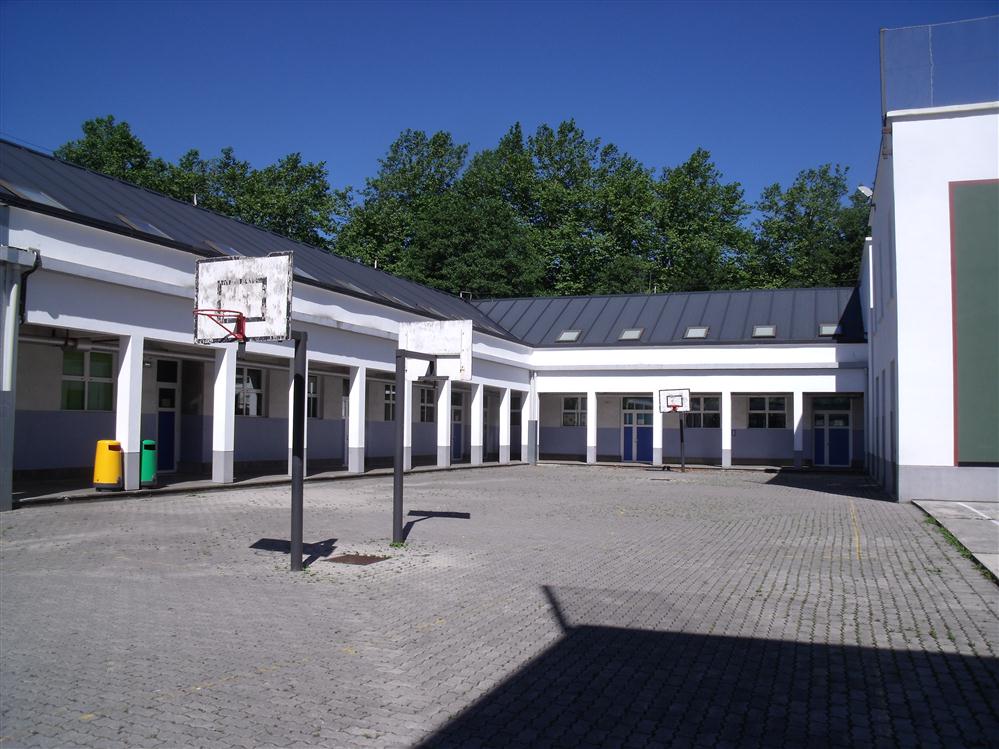
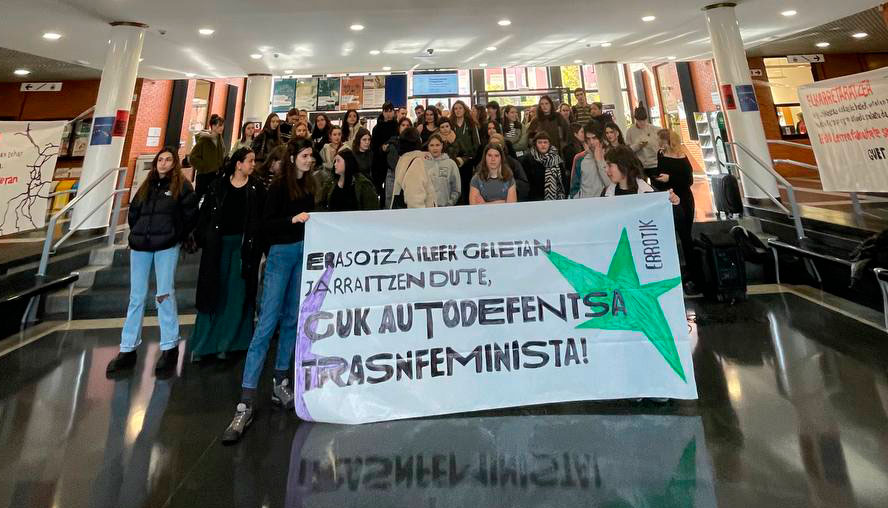
_2.jpg)
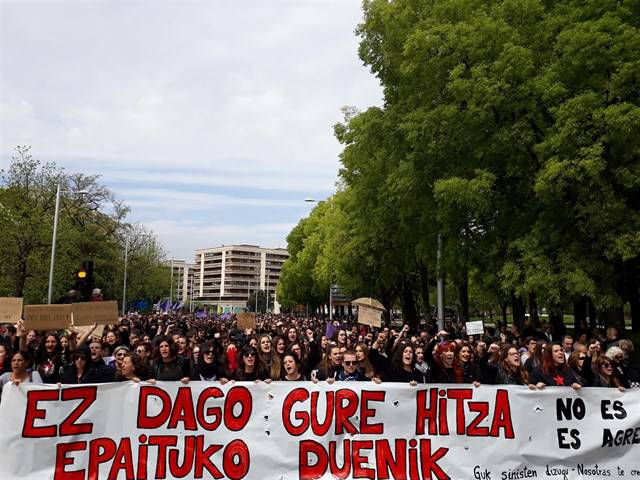
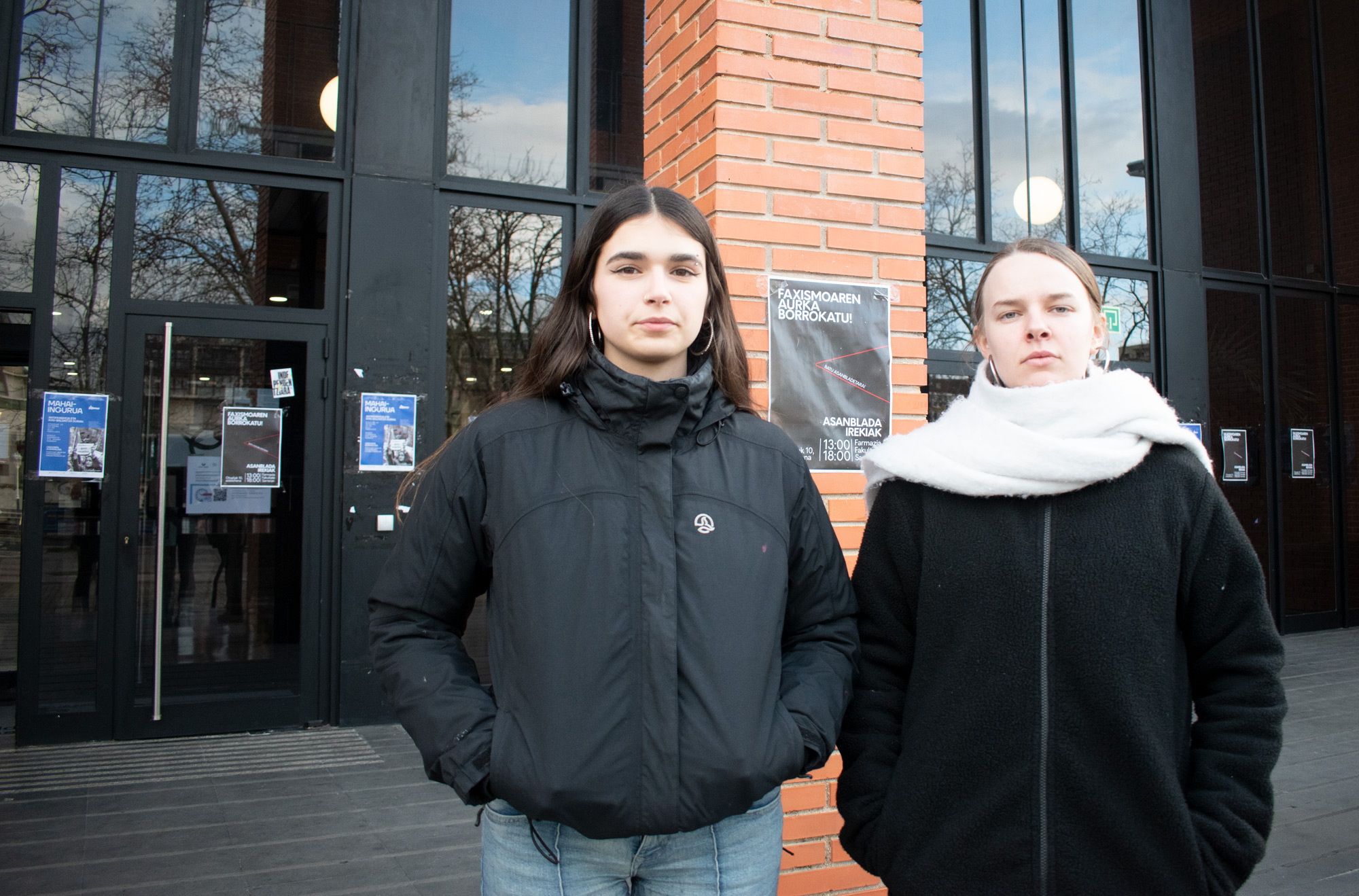
_2.jpg)
